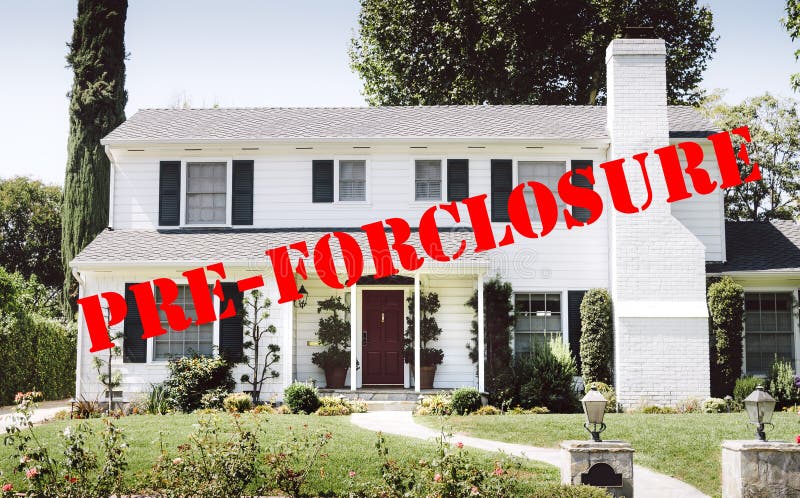Maryland enacted the Protection of Homeowners in Foreclosure Law (PHIFA) which has various rules restricting investors privately approaching homeowners in foreclosure to buy their home.

Q – Is it Illegal to Purchase a Home In Foreclosure in the State of Maryland?
A – NO! The Protection of Homeowners in Foreclosure Act of 2005, also known as (a/k/a) SB-761, and “The Maryland Foreclosure Law”, was passed by the Maryland Legislature and Signed into Law by Governor Ehrlich to protect homeowners from mortgage and foreclosure scams. The law specifically allows for Foreclosure Purchasers to purchase homes in foreclosure from homeowners. HOWEVER, the intent of the Legislature was to prevent investors who purchase foreclosures from dealing directly with homeowners and spells out the need for a “Foreclosure Consultant” to assist the homeowner and to provide for a true “arms-length” third-party to protect the interests of the homeowner(s) in dealing with investors seeking to purchase their homes during a time of foreclosure. Foreclosure investing continues to be completely legal (and profitable) for investors; however, it must be done in accordance with the Maryland Law.
Q – How Does One Become a Maryland Foreclosure Consultant?
A – The Protection of Homeowners in Foreclosure Act of 2005, also known as (a/k/a) SB-761, and Maryland Foreclosure Law, spells out specific tasks, which if performed by a person contacting a Maryland homeowner in foreclosure constitute acts of being a “Foreclosure Consultant”. In other words, what you do makes you a Foreclosure Consultant under the law and not necessarily what you put on your business cards. The problem, of course, is that as a “Foreclosure Consultant”, it is against the law to then turn around and purchase the home from the homeowner.
Q – Can I be BOTH a Foreclosure Consultant and a Foreclosure Purchaser?
A - The Protection of Homeowners in Foreclosure Act of 2005, specifically prohibits persons who act as Foreclosure Consultants from also being Foreclosure Purchasers within the same transaction. Unfortunately, the law as is currently written is unclear as to whether a Foreclosure Consultant can also become a Foreclosure Purchaser on different transactions. HOWEVER, the law does go to great lengths to spell out that a Foreclosure Purchaser can not use the services of a Foreclosure Consultant who is a family member, a blood relative, a spouse, or an entity controlled by the Foreclosure Consultant or related persons. In short, the law seeks to place a “WALL” between the Foreclosure Consultant and the Foreclosure Purchaser in an effort to protect the interests of the homeowner. Therefore, it is prudent to pick which side of the fence you want to be on. There is nothing in the law currently, which prohibits a Foreclosure Consultant from becoming a Foreclosure Purchaser in the future.
Q – What are the penalties for breaking the law?
A – Currently the law states that the penalties for infringement are a fine, up to $10,000, per occurrence and up to 3-years in jail, also per occurrence, Note: someone who breaks this law could unknowingly commit multiple occurrences of violating the law on one transaction.
Q – Besides a $10,000 fine [per occurrence] and 3-years jail time [per occurrence] are there any other penalties to be aware of?
A – Yes, in addition to any criminal charges, an investor who violates the law will probably also face a civil suit in one of Maryland’s Circuit Courts. Specifically, In February 2006, Judge Steven I. Platt of the Circuit Court for Prince George's County, Maryland, issued an opinion and order in the case of Tommie Mae Smith v. Vincent Abell that the “investor” pay to the homeowner a $510,983, fine consisting of $10,968 in actual damages – the amount that she spent to pay the attorney for the mortgage company and her own attorney, and $500,000 in punitive damages, which of course was split with her attorney. The Maryland Bar has called civil actions against violators of the law, “An Emerging Area of Consumer Law".
No comments:
Post a Comment